Track and field is one of the most competitive and celebrated branches of athletics on the global stage. From sprinting and long-distance running to jumping and throwing events, the best nations in this sport consistently set records, win medals, and inspire future generations. This article explores the top ten most dominating country in track and field sports based on historical performance, medal count, world records, and overall influence in major events like the Olympics, World Championships, and Continental Games. These countries have built powerful athletic programs that produce some of the world’s fastest sprinters, strongest throwers, and most skilled jumpers.
Through years of investment in coaching, training facilities, and grassroots development, these leading countries have established themselves as global powerhouses in athletics. Readers will discover how each nation climbed the ranks through a mix of talent development, competitive spirit, and sports science. Whether it is the sprint dominance of certain countries or the long-distance legacy of others, each name on this list has left a permanent mark in track and field history. This ranking not only recognizes the present achievements but also reflects consistency across decades.
Top Ten Most Dominating Country In Track And Field Sports
10. Poland
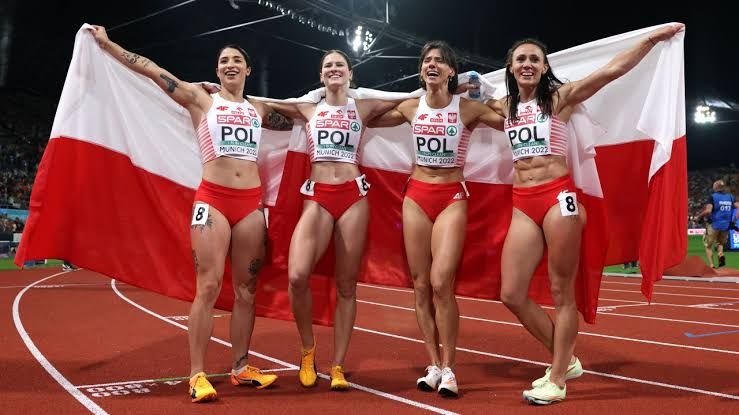
Poland may be an under-the-radar athletics nation, but its track and field teams punch above their weight. Polish athletes have excelled particularly in throwing events. Legends like hammer-throwers Anita Włodarczyk (multiple Olympic/world titles) and Paweł Fajdek (five-time world champion) have driven Poland’s medal haul. Overall, Poland ranks among the top ten in Olympic athletics history – its 57 Olympic medals in track and field (as of 2024) highlight this success. In World Championship action, Poland’s athletes have collected dozens of medals (including 20 golds through 2023).
The country’s strong club system and sports academy programs foster talent, especially in throws and race walking. Poland’s recent training initiatives (like specialized throwing camps) build on a tradition of champions such as Robert Korzeniowski (four-time Olympic racewalk gold medalist) and sprint stars like Irena Szewińska. With deep investment in coaching and facilities, Poland remains one of the best countries in athletics for field events and middle-distance races.
9. Cuba
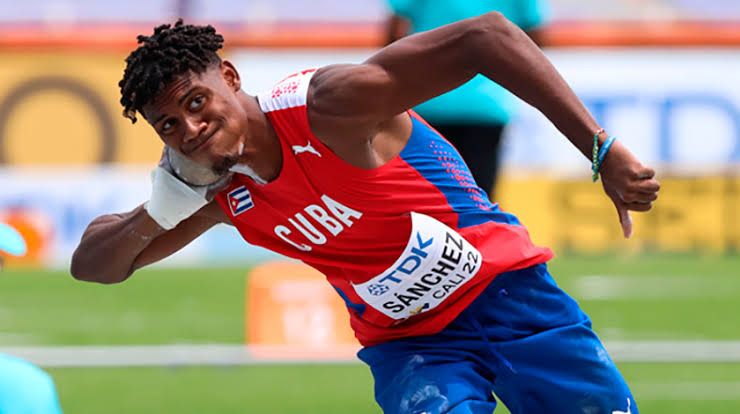
Cuba has a rich track and field legacy despite its small size. Cuban athletes have won 63 total World Championship medals in athletics, including 22 golds, and 45 Olympic medals (mostly in jumps and sprints). The island produced icons like high-jump world-record holder Javier Sotomayor – the 1992 Olympic champion and two-time world champion – who still holds the men’s high jump world record.
Sprinters and hurdlers such as Dayron Robles (2008 Olympic 110m hurdles gold) and Yargelis Savigne (triple jump world champion) have also shined. Cuban dominance in jump events is linked to a Soviet-style sports school system and national development programs that emphasize technical skill and physical conditioning. These programs have repeatedly delivered Olympic golds and World Championship medals in jumps, hurdles, and throws. Today, Cuba continues to focus on jumps and relays, maintaining a legacy of track and field dominance in its specialty events.
8. China
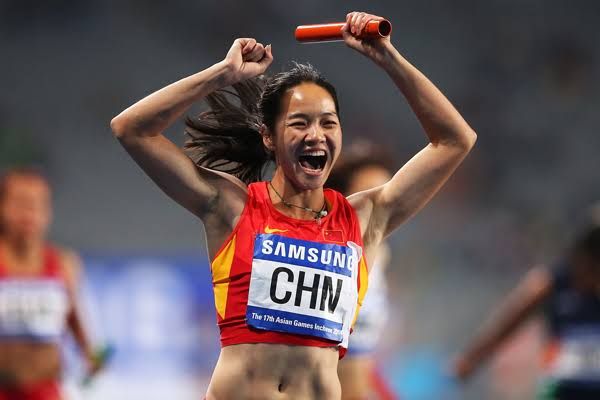
China’s athletics program has grown rapidly, making it a rising powerhouse in track and field. Chinese athletes have accumulated 75 World Championship medals (22 golds) and four Olympic golds in athletics (mostly after 2000). A watershed moment was hurdler Liu Xiang’s 2004 Olympic victory – China’s first-ever Olympic gold in track and field – which inspired a generation of sprinters and hurdlers. Other stars include Xie Zhenye and Su Bingtian (world-class sprinters) and Gong Lijiao (shot put Olympic champion).
China’s state-run sports system scouts talent from a young age through specialized schools and provincial teams. National focus on biomechanics and sports science has improved performance in sprints, jumps, and throws. In recent global meets, China has won medals in hurdles, race walking, and the women’s throwing events. With continued government investment in sports academies and high-altitude training centers, China’s track and field dominance is likely to expand, especially as it hosts more world-class meets and develops home-grown coaches.
7. Great Britain & Northern Ireland
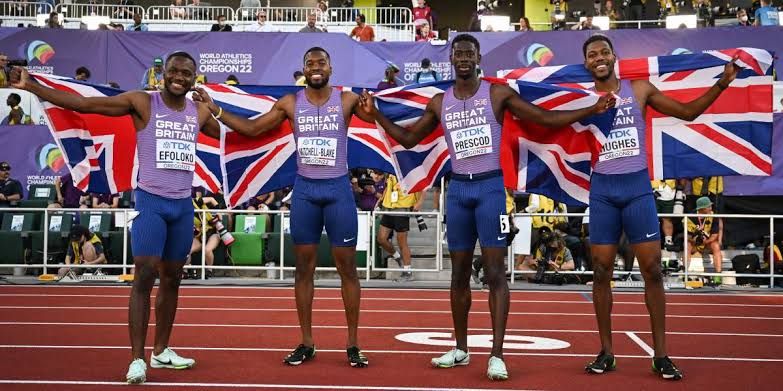
Great Britain has a deep Olympic athletics history and a strong medal pedigree in modern championships. GB athletes have earned 121 World Championship medals (33 golds) and 220 Olympic athletics medals (56 golds) – making Britain one of the best countries in athletics all-time. Standout stars include Mo Farah (four Olympic distance titles), Jessica Ennis-Hill (Olympic heptathlon champion), Kelly Holmes (double Olympic middle-distance golds), and Daley Thompson (two-time Olympic decathlon champion).
British strength spans many disciplines: distance running, jumps, and multi-events have all produced champions. Britain’s success is fueled by the UK Athletics system, lottery-funded development programs, and world-class training hubs (like the English Institute of Sport). The legacy of London 2012 also boosted funding and grassroots interest. This national support network and a history of coaching expertise have kept GB consistently among the top medal-producing nations in track and field, from sprints to steeplechase to pole vault.
6. Ethiopia
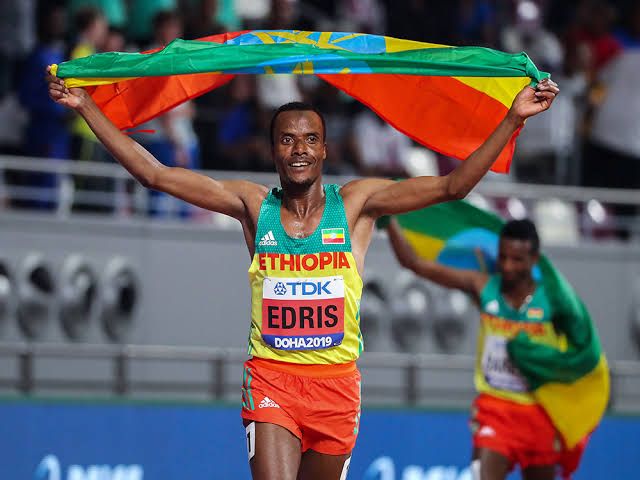
Ethiopia’s track and field dominance is built on its legendary long-distance runners. Remarkably, all 62 of Ethiopia’s Olympic medals have come in athletics, almost all in distance events. Ethiopia has also won 104 World Championship medals in track (35 golds). Icons include Abebe Bikila (first barefoot Olympic marathon champion), Haile Gebrselassie (multiple Olympic/world titles in 5k/10k), Kenenisa Bekele (3-time Olympic gold in distance races), and Tirunesh Dibaba (triple Olympic champion).
Ethiopian runners train year-round at high-altitude locations like Addis Ababa and Bekoji, a factor in their aerobic supremacy. National programs and running camps identify talent from childhood, and running is a path to education and income for many youth. The country’s pack-running culture (sharing pacing and tactics) has led to consistent success in 5,000 m, 10,000 m and marathons. Ethiopia’s track and field dominance is especially pronounced in endurance, where their athletes often sweep podiums, reflecting a blend of genetics, environment, and sustained development.
5. Germany
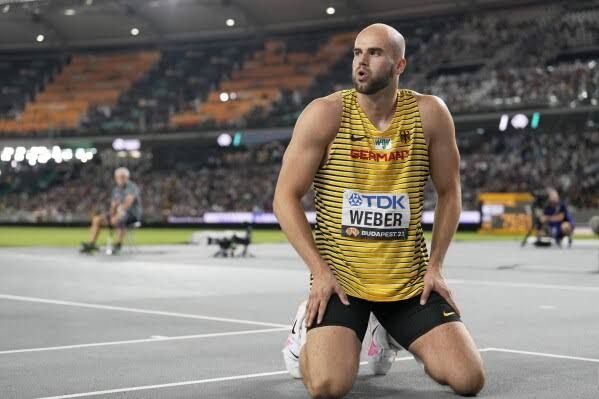
Germany (including the legacy of East Germany) has been a track and field powerhouse for decades. German athletes have earned 123 World Championship medals (39 golds) and 87 Olympic track and field medals (20 golds). The German system is known for producing versatile stars: from sprinters like Robert Harting (four-time discus world champion) to multi-eventers like Frank Busemann (Olympic decathlon silver), to jumpers like Heike Henkel. The German Track and Field Association (DLV), founded in 1898, oversees a vast club system supporting 900,000 athletes.
This sports-club culture provides coaching and competition at all levels. In throws and combined events, German athletes are particularly strong – for example, javelin and discus champions regularly emerge from national training centers. After reunification, unified Germany combined East’s rigorous training legacy with West’s resources. The result is a balanced program that consistently wins medals in sprints, jumps, and throws. Germany’s methodical approach and sports science support continue to sustain its track and field excellence.
4. Jamaica
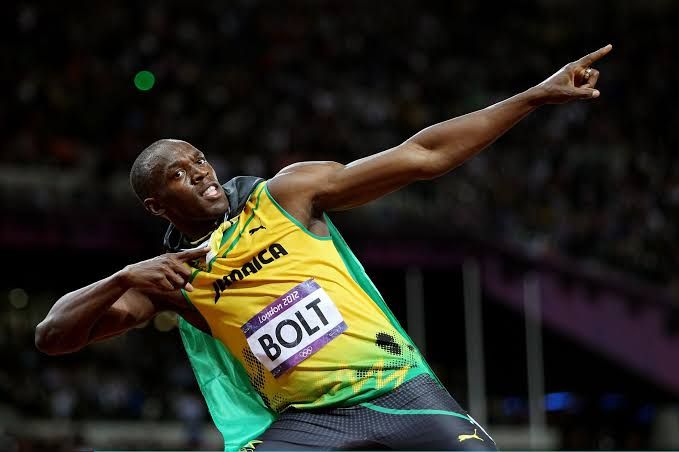
Jamaica is synonymous with sprinting dominance. For a nation of fewer than 3 million, Jamaica’s athletics record is staggering: 93 Olympic track medals (27 golds) and 149 World Championship medals (40 golds), mostly in the sprints. The country has produced the fastest humans ever: Usain Bolt (triple Olympic and world sprint champion and world-record holder in the 100m and 200m), Shelly-Ann Fraser-Pryce (multiple Olympic 100m golds), and Elaine Thompson-Herah (double Olympic sprint champion). Jamaica’s dominance comes from a vibrant sprinting culture.
Annual high school “Champs” competitions are national events that identify talent early. Coaches like Glen Mills and national funding through the Jamaica Athletics Administrative Association have nurtured sprinters. Training emphasizes explosive power and technique on fast tracks. Jamaica also excels in relay events and 400m hurdles (e.g. Melaine Walker). Its concentrated success in sprint events is unrivaled – Jamaican athletes regularly sweep podiums in 100m/200m races. This focused development program and sprint-centric culture make Jamaica one of the best countries in athletics, especially in speed disciplines.
3. Russia
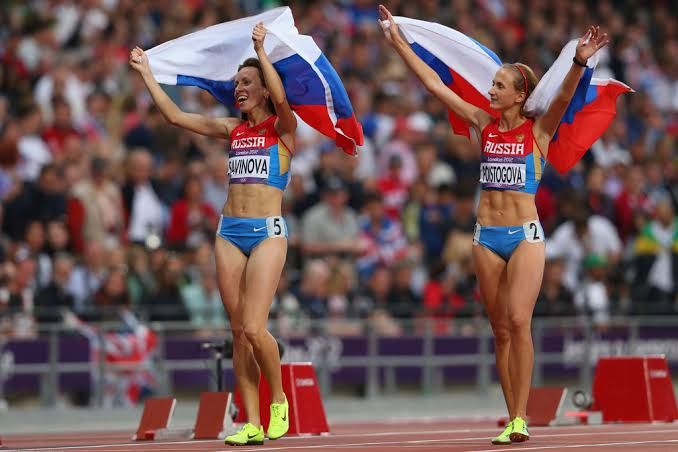
Russia (and formerly the Soviet Union) has historically been a major track and field power. Russian athletes have claimed 142 World Championship medals (42 golds) and 58 Olympic track medals (18 golds). They have excelled across events: sprints (e.g. Mariya Ryemyen), jumps (e.g. high jumper Ivan Ukhov), and throws (e.g. discus thrower Robert Ivanyuk). Iconic names include pole vaulter Sergey Bubka (six-time world champ for the USSR) and hurdler Yelena Isinbayeva (two-time Olympic pole vault champion).
During the Soviet era, a systematic state sports program produced many champions; post-Soviet Russia continued much of this legacy. (It’s important to note Russia’s program has been marred by doping scandals, leading to stripped medals, but the country’s depth of talent has still been remarkable.) Today Russian athletes often train in national sports schools and benefit from comprehensive support services. Even with bans from some global meets, their relay teams, race walkers, and field event specialists have won medals in recent World Championships. Russia’s long history in athletics cements its status as one of the most dominating countries in track and field.
2. Kenya
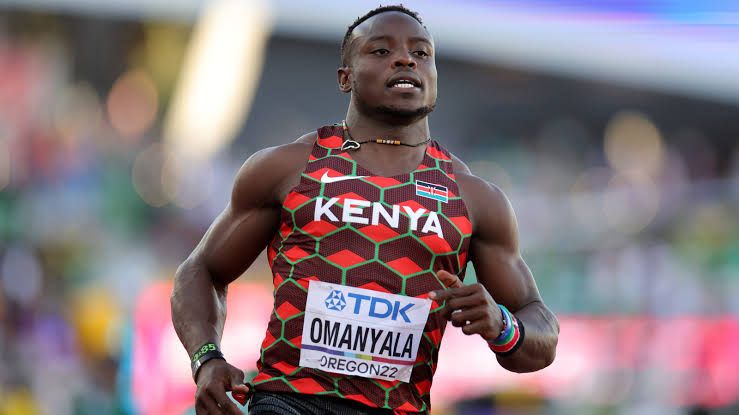
Kenya’s track and field reputation is built on distance running excellence. Kenya ranks second on the all-time World Championships medal table with 171 total medals (65 golds), and its athletes have earned 117 Olympic track medals. Kenyan runners dominate events ranging from the 800 metres to the marathon. Legends include Kipchoge Keino (early Olympic steeplechase champion), Wilson Kipketer (world record 800m), Ezekiel Kemboi (four-time world steeplechase champion), and Eliud Kipchoge (marathon world record holder and Olympic gold medalist).
Kenya’s training is centered in high-altitude areas like Iten, where young athletes are nurtured. A grassroots running culture – races in villages, army and police teams, and successful local coaches – fuels talent. The country’s national programs and international partnerships (e.g. training camps abroad) further enhance performance. From Tokyo to Eugene, Kenyan runners often occupy most of the podium in distance events. This relentless success in middle- and long-distance running, combined with a tradition of strong relay squads, makes Kenya a true track and field powerhouse.
1. United States of America
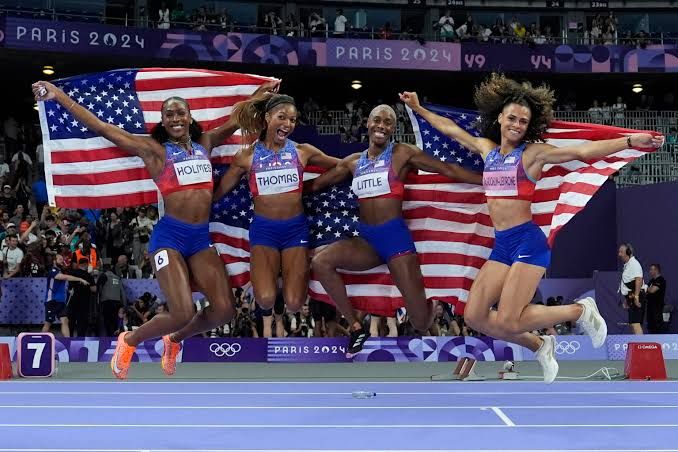
The United States is the undisputed leader in track and field dominance. US athletes have won 861 Olympic track and field medals (358 golds) – far more than any other nation – and 443 World Championship medals (195 golds). Icons like Jesse Owens (four 1936 Olympic golds), Carl Lewis (nine Olympic golds), Allyson Felix (11 world championship golds, 6 Olympic golds), and contemporary stars like Noah Lyles and Sydney McLaughlin-Levrone highlight a legacy of excellence. American strength spans every discipline: sprinters (e.g. Justin Gatlin), jumpers (e.g. Brittney Reese), throwers, and multi-eventers (e.g. Ashton Eaton).
A key factor is the NCAA collegiate system, which acts as a massive development program funneling thousands of athletes into elite competition. USA Track & Field (USATF) provides funding and coaching for Olympic hopefuls, and a professional circuit (Diamond League) keeps athletes competitive year-round. In recent games, Team USA topped the Olympic athletics medal table – for example, earning 34 medals (14 gold) in Paris 2024, the most by a US team since 1984. This combination of historical depth, broad participation, and institutional support cements the USA as the best country in athletics.

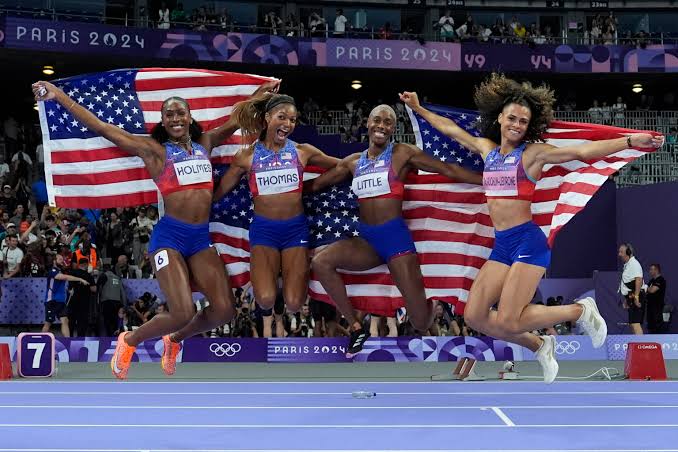
https://shorturl.fm/KN8oT
https://shorturl.fm/fbI1s
https://shorturl.fm/aj6V0
https://shorturl.fm/h3ckO
https://shorturl.fm/6qvSD
https://shorturl.fm/ZiwL6
https://shorturl.fm/vxDA6
https://shorturl.fm/7uhiH
https://shorturl.fm/0rf3W